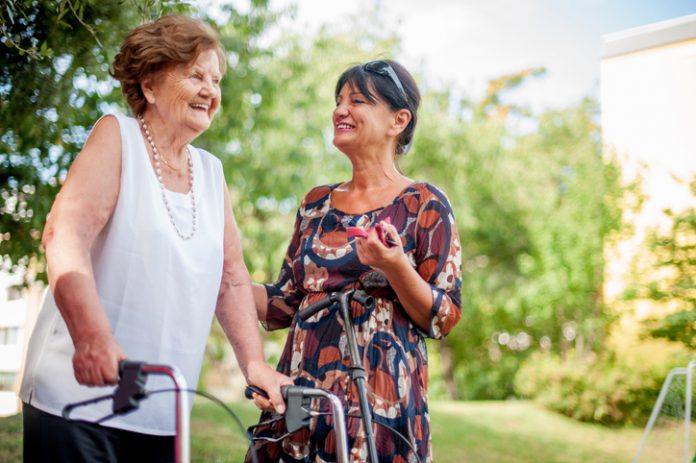A new perspectives brief released by the Deeble Insitute for Health Policy Research lays the foundations for engaging older person and their carers, as co-researchers to improve health care that meets their needs.
The Brief ‘Translating policy into practice by engaging older persons and their carers as co-
Researchers’, led by Dr Hannah Beks (Deakin University), explores the numerous benefits, as well as the current barriers to meaningfully engaging older persons and their carers in participatory health research.
‘In order to function effectively, health care systems need to be responsive to the changing needs of our populations,’ says AHHA Chief Executive Kylie Woolcock.
‘Around the world, the percentage of people aged over 60 years is increasing and is set to continue to grow over the coming decades.’
‘In response to this changing need, the Royal Commission into Aged Care Quality and Safety (2021) identified the need to improve the delivery of health care to meet the needs of older persons and their carers, and directly involving them in this process is critical in achieving positive outcomes that actually matter to these communities.’
This Perspectives Brief addresses the knowledge gaps around what is best practice to successfully engage older persons and their carers as co-researchers, including a particular focus on approaches to optimise engagement of carers, which previously has not had as much attention.
Barriers to undertaking these kinds of research projects can include difficulties developing relationships with older persons as research participants and researchers, potentially negative perceptions of research or lack of familiarity with the research process, and potential power imbalances between academic researchers and older persons as co-researchers.
‘By focusing on facilitators for positively engaging older persons and their carers such as tailored support to facilitate research participation of older persons and their carers, opportunities for older persons to upskill in the processes of research and improving flexibility to accommodate for the individualised nature of co-researcher participation, we can start to address some of these barriers.’
‘It is important to note that older persons and their carers are a heterogeneous population. This Brief also makes considerations for specific populations, such as First Nations Elders, older persons with multimorbidity and complex conditions including cognitive impairment, older persons and carers from culturally and linguistically diverse backgrounds, and those residing in non-metropolitan settings.’







